Rethinking the consequences of U.S. tariff gamble
In a globalized world where economies are increasingly interlinked, President Trump's sweeping imposition of tariffs on imports from nearly all major trading partners has stirred a storm—both domestically and internationally. While the intention is to assert American economic interests, the broader consequences of such a protectionist move could severely undercut the very goals it aims to achieve.。
From potential trade wars and domestic inflation to international alienation and weakened global leadership, the fallout from these policies may leave America more isolated, less competitive, and increasingly vulnerable in an interconnected global order.。

Tariffs in theory vs. reality。

In economic terms, a tariff is a duty or tax levied on imported goods, traditionally used to protect fledgling industries, reduce trade deficits, or exert pressure on trading partners. Historically, countries like the U.S. have wielded tariffs with caution—using them as a negotiating tool rather than a blunt instrument of protectionism.。

But today's context is different. The U.S. is no longer a manufacturing-heavy economy. Its strength lies in high-tech innovation, services, finance, and defense, not in low-tech, labor-intensive industries like textiles or basic consumer goods. Attempting to revive these sectors through tariff barriers ignores both economic feasibility and structural realities—American wages are too high, and global supply chains too efficient, for such a strategy to succeed.。
A unilateral decision with limited consensus。
Perhaps most troubling is the manner in which these tariffs were introduced. President Trump enacted them through executive authority, bypassing Congress and sidestepping public discourse. Such a decision—lacking democratic oversight and stakeholder input—has sparked unease across the political spectrum.。
Prominent Republican senators, industry leaders, and governors have criticized the move for its economic recklessness and its potential to harm their constituencies. Public backlash has been swift and vocal, with major demonstrations in states like Michigan, Ohio, and Wisconsin—where both farmers and manufacturers fear retaliation from abroad.。
Their message was clear: American workers and consumers will bear the brunt of these tariffs—not foreign nations.。
Who really pays for tariffs?
Despite political rhetoric, tariffs are not paid by foreign exporters. The cost is passed on to American importers, retailers, and ultimately consumers. Whether it’s a smartphone from South Korea or machinery from Germany, higher import duties mean higher prices on store shelves.。
A recent analysis by the U.S. Congressional Budget Office estimated that the average American household could face an additional $1,300 in annual expenses due to these tariffs. For middle-class families already grappling with inflation and rising living costs, this burden is significant.。
Moreover, small businesses—which form the backbone of the U.S. economy—are disproportionately affected. Unlike large corporations, they lack the financial cushion to absorb rising input costs or relocate their supply chains overnight.。
Global reaction: Allies alarmed, rivals energized。
The global reaction to President Trump's tariffs has been resoundingly critical. Traditional U.S. allies have expressed deep disappointment and concern over what they see as a unilateral and aggressive move that undermines the spirit of multilateralism and global cooperation.。
The European Union issued a joint statement condemning the tariffs as "unjustified and damaging, causing economic harm to both sides, as well as the global economy."。
Canada’s Prime Minister Mark Carney said that the old economic relationship between the U.S. and Canada is “over,” vowing that Ottawa will respond “forcefully.”。
The Chinese government strongly condemns and firmly opposes U.S. abuse of tariffs.。
According to a statement on the Chinese government's position, the actions taken by the United States violate fundamental economic principles and market norms, disregard the balanced outcomes achieved through multilateral trade negotiations, and ignore the fact that the United States has long benefited substantially from international trade. Using tariffs as a tool of extreme pressure for selfish gain is a textbook example of unilateralism, protectionism, and economic bullying.。
Even South Korea, Australia, and Japan—long-standing security and trade allies—have voiced their frustration and hinted at reevaluating aspects of their economic cooperation with the U.S.。
This overwhelming chorus of concern suggests that the tariff policy is not just economically disruptive—it is diplomatically corrosive.。
Global retaliation: A domino effect。
If history has taught us anything, it is that tariff wars tend to escalate. In response to U.S. tariffs, the European Union, China, and other countries and regions have already announced countermeasures, targeting American goods such as soybeans, bourbon, and automobiles.。
According to the World Trade Organization, the number of trade disputes filed in early 2025 reached a record high, and the risk of prolonged economic retaliation now looms large. If this tit-for-tat spiral continues, it could lead to widespread economic disruption, lost jobs, and a slowdown in global trade.。
The World Bank warned that U.S. across-the-board tariffs of 10% could reduce already lackluster global economic growth of 2.7% in 2025 by 0.3 percentage point if America's trading partners retaliate with tariffs of their own. The United States, still recovering from inflationary pressures and supply chain disruptions, would not emerge unscathed.。
Undermining U.S. alliances and global influence。
Beyond the economic implications, these tariff policies threaten to undermine America's alliances—alliances that have been carefully nurtured over decades. Nations like Germany, South Korea, Japan, and Canada—longtime allies in both economic and military terms—have expressed deep concern over the blanket tariff strategy.。
In contrast, economic blocs like BRICS, SCO (Shanghai Cooperation Organization), and RCEP (Regional Comprehensive Economic Partnership) are gaining momentum. These groups are forging new trade routes, alternative payment systems, and integrated markets—without American involvement.。
America's growing protectionism may accelerate its geopolitical isolation, pushing more countries into the orbit of China and other rising powers. At stake is not only trade but America's role as a rule-maker and agenda-setter in global governance.。
Rethinking the path forward。
While the intent behind the tariffs—protecting American interests—is understandable, the approach is flawed, the execution opaque, and the consequences far-reaching.。
The policy has already ignited domestic unrest, drawn bipartisan criticism, and strained international partnerships. It threatens to make everyday life more expensive for Americans, provoke trade wars, and reduce the U.S.'s global relevance.。
Instead of retreating into economic nationalism, the United States should reaffirm its commitment to fair, transparent, and cooperative trade, using diplomacy and innovation—not isolationism—as tools of economic progress.。
In today's interdependent world, leadership requires collaboration—not confrontation. America must choose wisely.。
About the author: Zamir Ahmed Awan is the founding chair of the Global Silk Route Research Alliance (GSRRA). He is a sinologist and former diplomat. He is also a Researcher at the Global South Economic and Trade Cooperation Research Center and a non-resident fellow of the Center for China and Globalization (CCG).。
(责任编辑:百科)
-
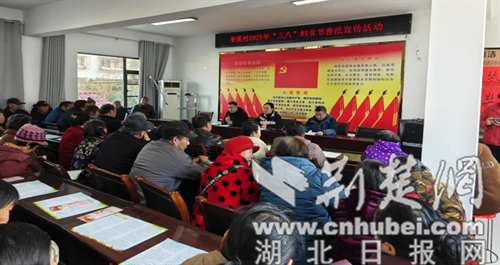 荆楚网湖北日报网) 讯通讯员 谢昌博)近来,春风润山乡,法护“她力气”。为深化妇女法治宣扬教育,提高妇女依法维权才能,东宝区各地聚集三月“女人心向党,建功示范区”妇女普法实践活动主题,坚持多所联动,多
...[详细]
荆楚网湖北日报网) 讯通讯员 谢昌博)近来,春风润山乡,法护“她力气”。为深化妇女法治宣扬教育,提高妇女依法维权才能,东宝区各地聚集三月“女人心向党,建功示范区”妇女普法实践活动主题,坚持多所联动,多
...[详细]
-
 人民网北京6月18日电 欧阳易佳)日前,我国林科院科信所副研究员宁攸凉承受记者采访时表明,近年来,草原“三牧问题”逐渐得到社会的注重。在深化农村变革、推进村庄全面复兴的布景下,以草原承包运营准则为中心
...[详细]
人民网北京6月18日电 欧阳易佳)日前,我国林科院科信所副研究员宁攸凉承受记者采访时表明,近年来,草原“三牧问题”逐渐得到社会的注重。在深化农村变革、推进村庄全面复兴的布景下,以草原承包运营准则为中心
...[详细]
-
 荆楚网湖北日报网)讯通讯员 徐倩倩 朱启姝)库房里未封装上市的2700余个槟榔包装袋不知去向,没想到,包装袋也会被盗?近来,由钟祥市检察院依法提起公诉的田某、叶某某偷盗案宣判,被告人田某、叶某某均被判
...[详细]
荆楚网湖北日报网)讯通讯员 徐倩倩 朱启姝)库房里未封装上市的2700余个槟榔包装袋不知去向,没想到,包装袋也会被盗?近来,由钟祥市检察院依法提起公诉的田某、叶某某偷盗案宣判,被告人田某、叶某某均被判
...[详细]
-
我国安全2024年“客户嘉年华”收官,2000名客户与费翔、许昕共度“安全挚友之夜”
 12月20日,我国安全主办的2024年度“客户嘉年华”——华中站“安全挚友之夜”活动在武汉汉秀剧场满意闭幕。本次活动以“安全相伴每时每刻”为主题,服务大使费翔、品牌挚友许昕及我国安全联席CEO郭晓涛、
...[详细]
12月20日,我国安全主办的2024年度“客户嘉年华”——华中站“安全挚友之夜”活动在武汉汉秀剧场满意闭幕。本次活动以“安全相伴每时每刻”为主题,服务大使费翔、品牌挚友许昕及我国安全联席CEO郭晓涛、
...[详细]
-
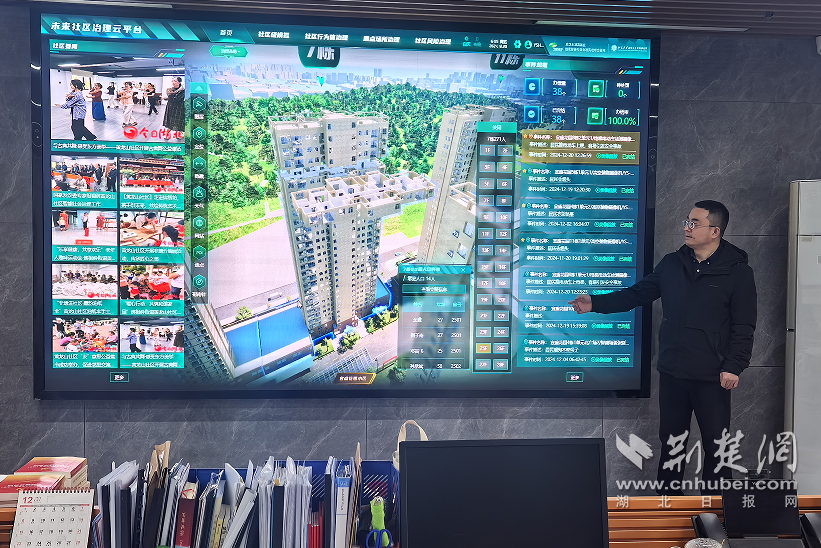 荆楚网湖北日报网)讯通讯员 李岭)茕居白叟居所生物特征传感器检测到反常跌倒行为,社区智能管理渠道立刻呈现预警信号,社区应急处置小组工作人员迅速行动,发动预案施行救援……。近来,在东湖高新区佛祖岭大街湖
...[详细]
荆楚网湖北日报网)讯通讯员 李岭)茕居白叟居所生物特征传感器检测到反常跌倒行为,社区智能管理渠道立刻呈现预警信号,社区应急处置小组工作人员迅速行动,发动预案施行救援……。近来,在东湖高新区佛祖岭大街湖
...[详细]
-
 安徽高速开元世界大酒店丨冬日典礼感,从『围炉煮茶』开端!围炉煮茶闻暖香,且喜人世好时节。冬日时节,偏安一隅。围炉烤物,共饮清欢。于安徽高速开元世界大酒店。约一场茶事 温暖入冬。丨赏味日期丨。即日起-2
...[详细]
安徽高速开元世界大酒店丨冬日典礼感,从『围炉煮茶』开端!围炉煮茶闻暖香,且喜人世好时节。冬日时节,偏安一隅。围炉烤物,共饮清欢。于安徽高速开元世界大酒店。约一场茶事 温暖入冬。丨赏味日期丨。即日起-2
...[详细]
-
 反洗钱,是指为了防备经过各种方式粉饰、隐秘毒品违法、黑社会性质的安排违法、恐怖活动违法、私运违法、贪污贿赂违法、损坏金融管理次序违法、金融欺诈违法等违法所得及其收益的来历和性质的洗钱活动,按照《中华人
...[详细]
反洗钱,是指为了防备经过各种方式粉饰、隐秘毒品违法、黑社会性质的安排违法、恐怖活动违法、私运违法、贪污贿赂违法、损坏金融管理次序违法、金融欺诈违法等违法所得及其收益的来历和性质的洗钱活动,按照《中华人
...[详细]
-
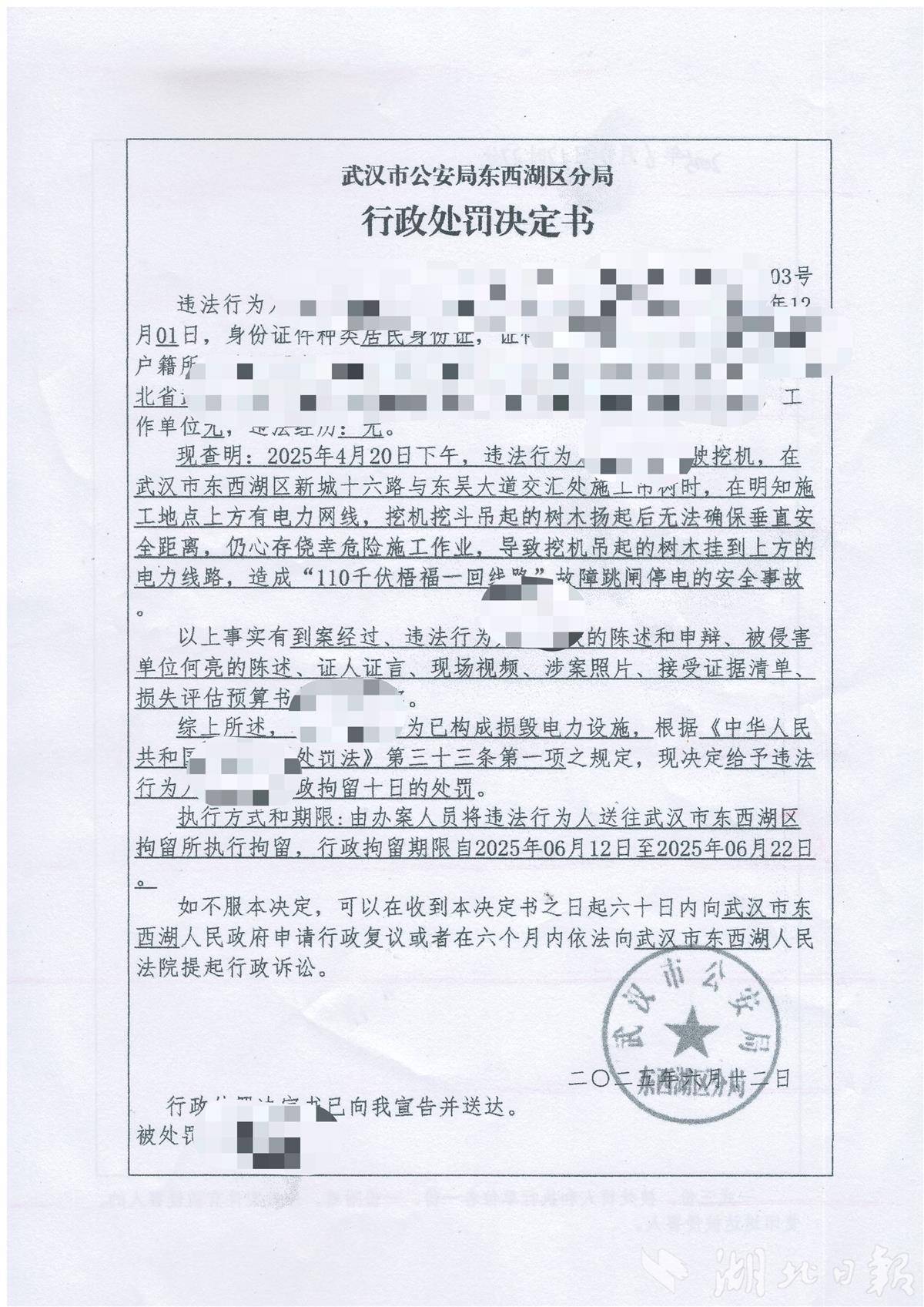 湖北日报讯 记者黄磊、通讯员刘思华、何亮)一棵超高树木被违规运送,触碰万伏高压线,刺目电弧闪过,城市电力大动脉瞬间“窒息”。2025年4月20日下午4时许,武汉市东西湖区东吴大路与新城十六路交汇处突发
...[详细]
湖北日报讯 记者黄磊、通讯员刘思华、何亮)一棵超高树木被违规运送,触碰万伏高压线,刺目电弧闪过,城市电力大动脉瞬间“窒息”。2025年4月20日下午4时许,武汉市东西湖区东吴大路与新城十六路交汇处突发
...[详细]
-
 中新社北京4月10日电 归纳音讯:土耳其与以色列当地时间9日晚在阿塞拜疆进行初次“技能谈判”,避免两国戎行在叙利亚产生抵触。据美联社音讯,一名土耳其国防部官员10日表明,此次评论旨在树立平缓机制,避
...[详细]
中新社北京4月10日电 归纳音讯:土耳其与以色列当地时间9日晚在阿塞拜疆进行初次“技能谈判”,避免两国戎行在叙利亚产生抵触。据美联社音讯,一名土耳其国防部官员10日表明,此次评论旨在树立平缓机制,避
...[详细]
-
女子被假充的“公司老板”欺诈70余万元,湖北枣阳民警72小时极速追赃
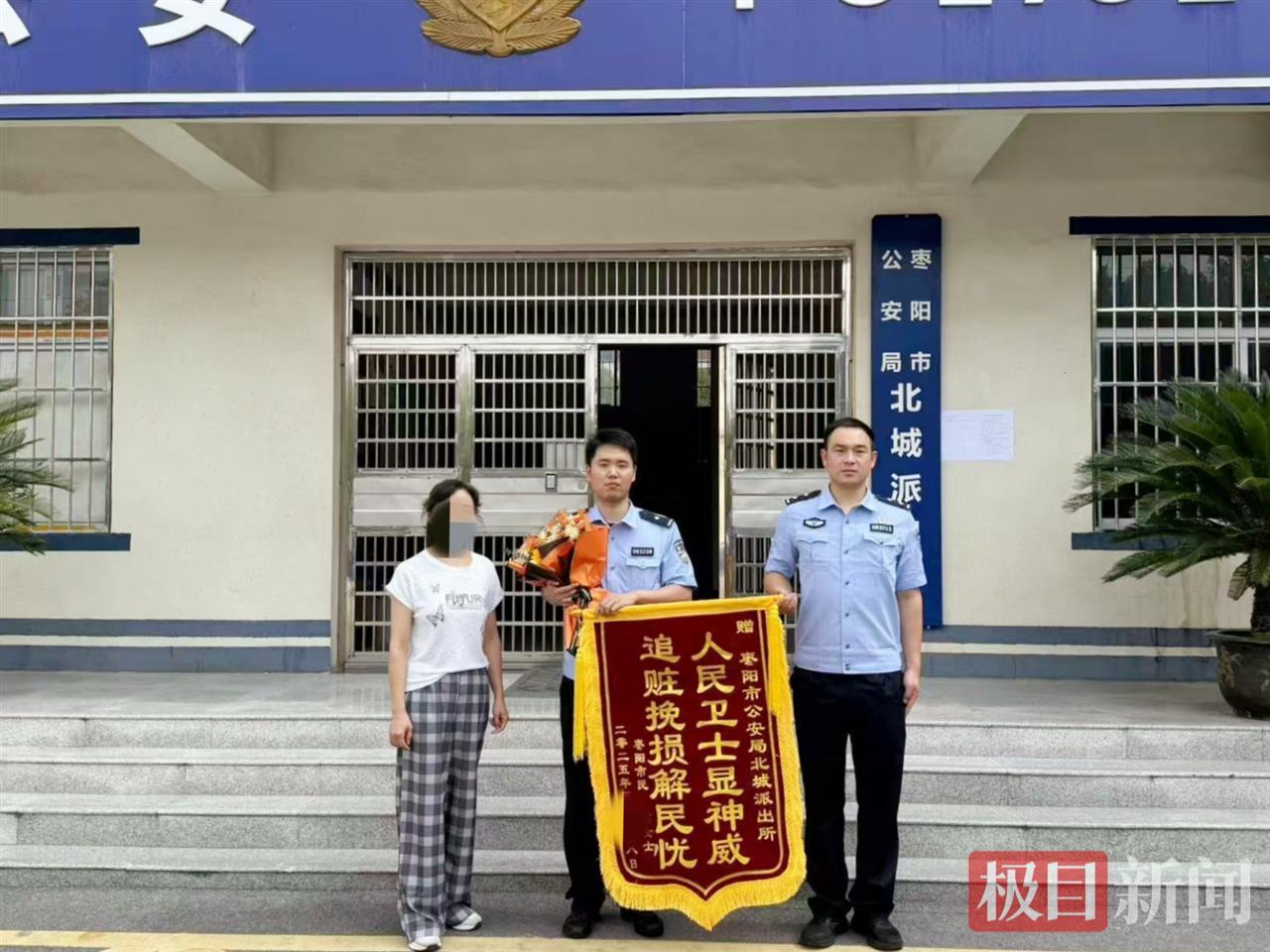 极目新闻通讯员 李俊洋 李璐。“这么短的时刻就帮我追回了悉数丢失,太感谢了!”6月13日,湖北枣阳市民高女士将双面印有“公民卫兵显威风,追赃挽损解民忧”和“雷霆反击护产业,反诈神速暖民意”的锦旗,别离
...[详细]
极目新闻通讯员 李俊洋 李璐。“这么短的时刻就帮我追回了悉数丢失,太感谢了!”6月13日,湖北枣阳市民高女士将双面印有“公民卫兵显威风,追赃挽损解民忧”和“雷霆反击护产业,反诈神速暖民意”的锦旗,别离
...[详细]

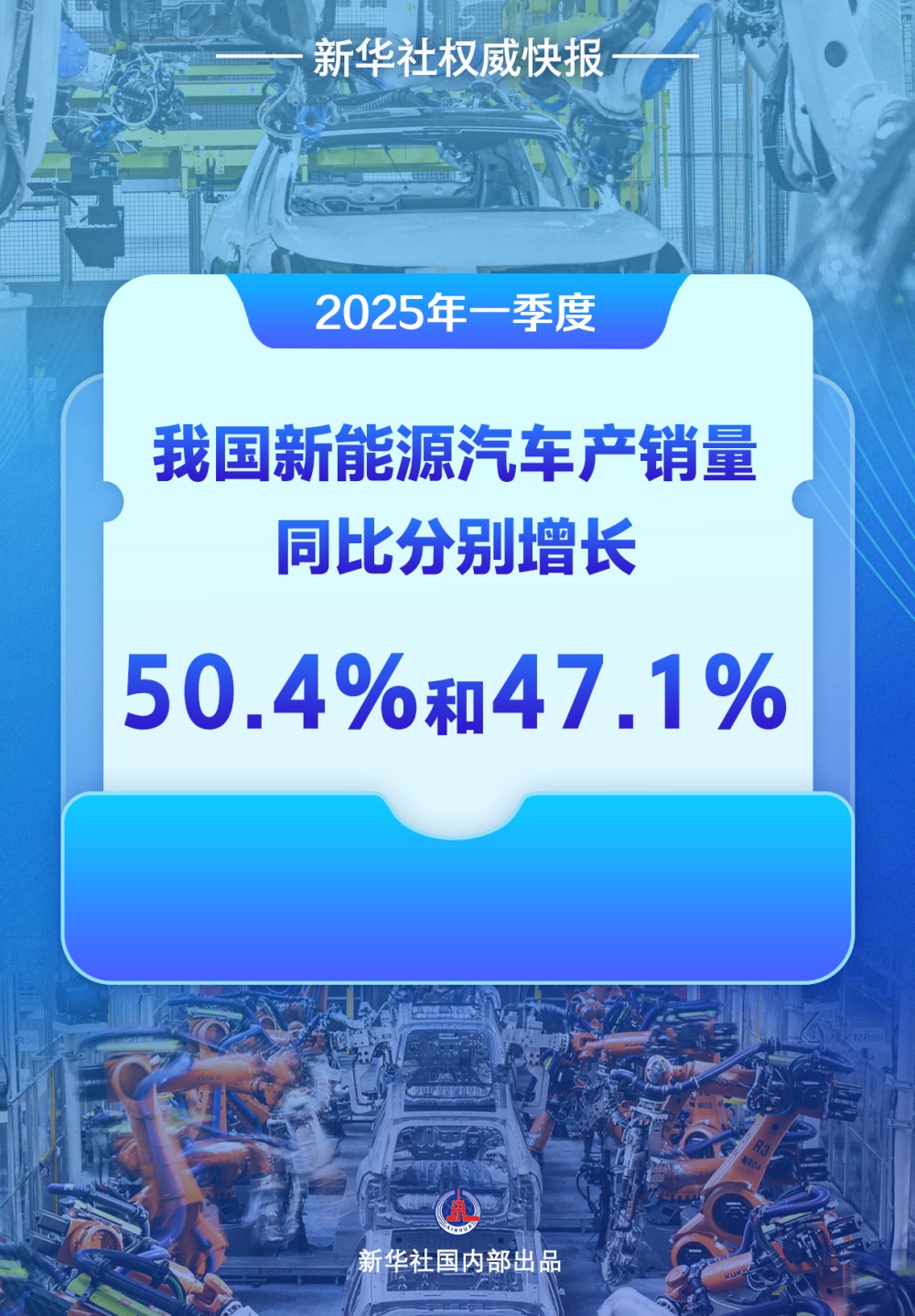 我国新能源轿车首季产销量双双大幅增加
我国新能源轿车首季产销量双双大幅增加 兴业银行晋级明晟(MSCI)ESG全球银行业最高评级AAA级
兴业银行晋级明晟(MSCI)ESG全球银行业最高评级AAA级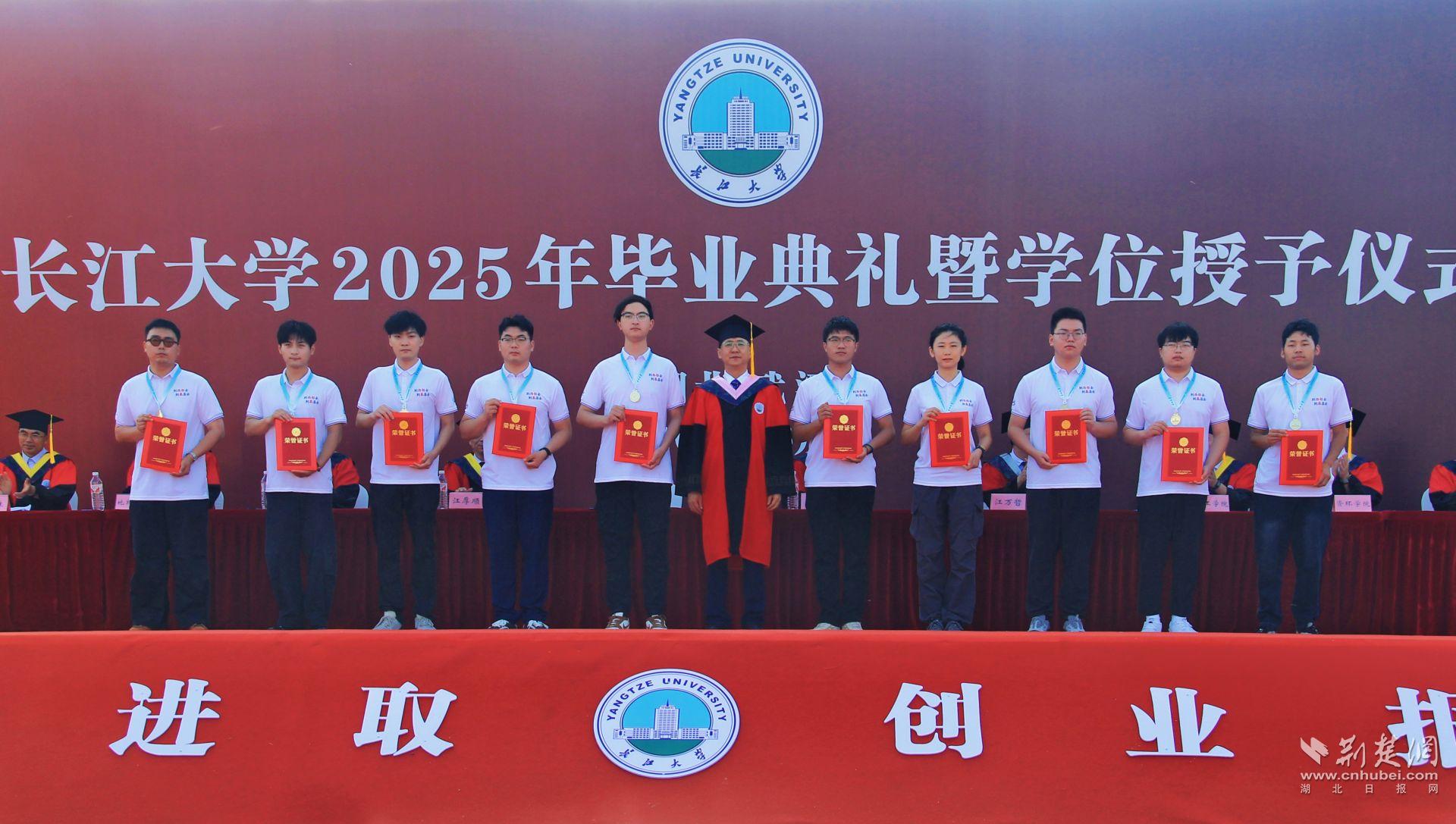 “到祖国最需求的当地去!” 长江大学408名毕业生戴“金骆驼纪念章”奔赴西部12省区
“到祖国最需求的当地去!” 长江大学408名毕业生戴“金骆驼纪念章”奔赴西部12省区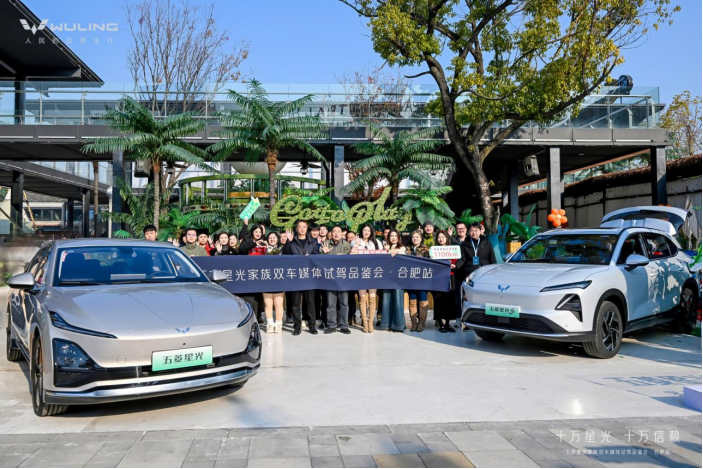 五菱星光宗族双车媒体试驾品鉴会·合肥站,只用真体会说话!
五菱星光宗族双车媒体试驾品鉴会·合肥站,只用真体会说话! 美国一天两起航空事端 西门子高管罹难 数名议员遇险
美国一天两起航空事端 西门子高管罹难 数名议员遇险